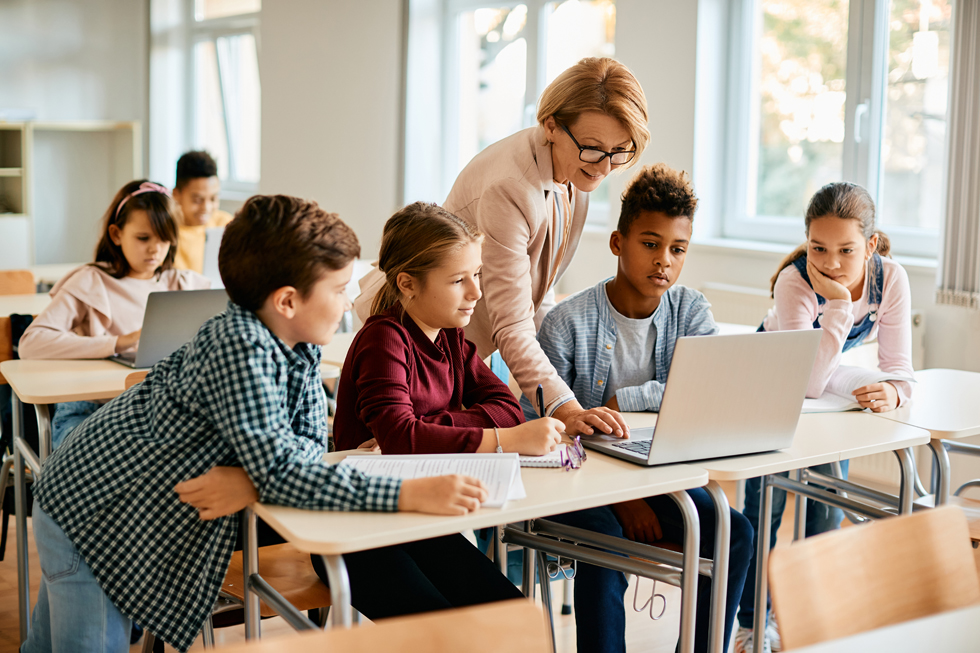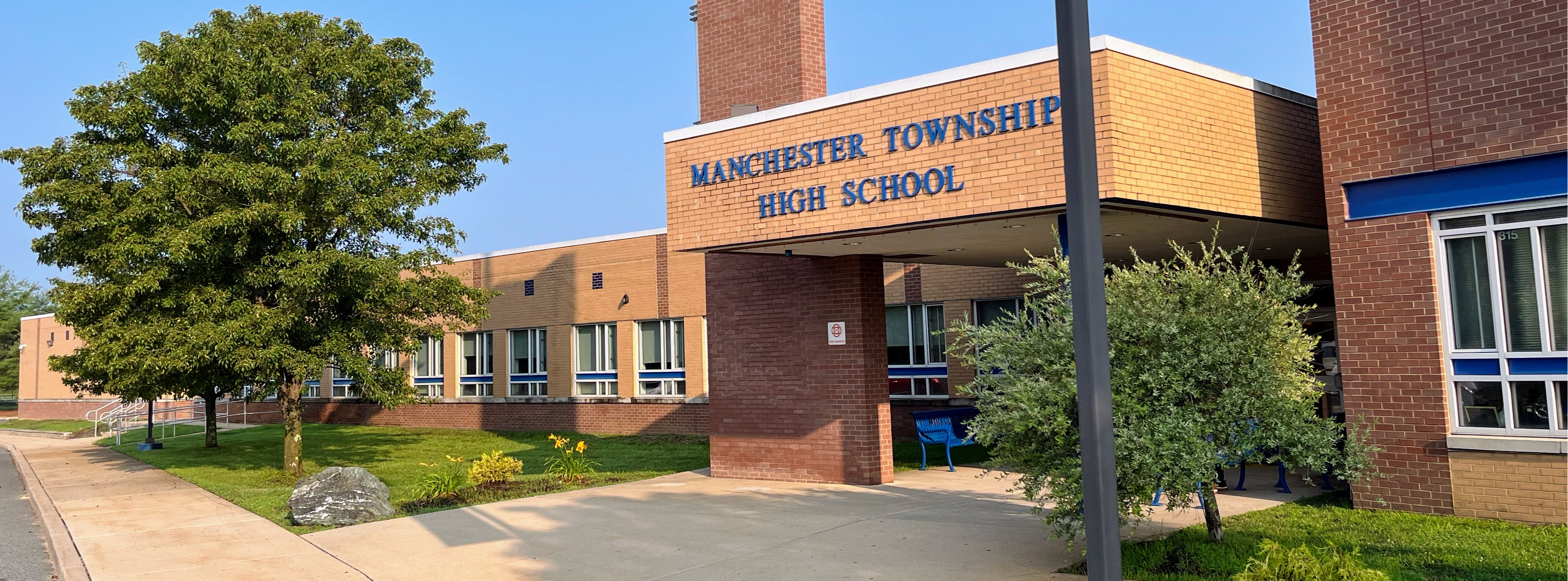Understanding the Value of Schools in Kid Development and Neighborhood Growth
Schools serve as crucial organizations for youngster development and neighborhood growth, giving atmospheres where scholastic achievements are matched by the growing of social skills and direct exposure to varied point of views. These academic setups not only promote vital reasoning and reliable communication but also foster compassion through collective jobs. Schools' interaction with local communities through service-learning initiatives strengthens the bond between families and educational organizations. This cooperative relationship highlights the relevance of schools in nurturing energetic citizenship and long-lasting understanding habits. Nonetheless, what are the certain systems whereby these organizations achieve such extensive effects?
Academic Accomplishment
Academic accomplishment works as a keystone of child development, giving the structure upon which future learning and success are developed. Schools play a critical function in promoting this scholastic development, providing organized atmospheres where children can acquire essential knowledge and cognitive abilities. Standardized educational program guarantee that trainees gain proficiency in core topics such as mathematics, scientific research, and language arts, which are essential for both college and specialist opportunities.
In addition to presenting essential academic skills, institutions likewise grow important reasoning, analytic abilities, and intellectual interest. These cognitive expertises are essential for navigating complicated real-world scenarios and adjusting to the ever-evolving demands of the modern work environment. Educators, as facilitators of knowing, use varied instructional methods to deal with different discovering styles, therefore optimizing individual student capacity.
Additionally, academic success is closely connected to self-worth and motivation. Youngsters that experience academic accomplishments are a lot more likely to establish a favorable self-concept and a lifelong enthusiasm for discovering. Colleges additionally provide numerous resources, such as collections and technology, which additionally improve the educational experience and prepare students for a highly advanced society.
Social Ability Advancement
Beyond scholastic accomplishment, the duty of schools in social skill advancement is essential. Schools act as a key venue for kids to learn and practice vital social skills such as problem, participation, and communication resolution. In the organized environment of a class, students interact with peers, educators, and various other school team, using many possibilities to create these essential capabilities.
Efficient social skill advancement in institutions is facilitated with team tasks, collective jobs, and extracurricular programs. These interactions help trainees comprehend social norms, construct empathy, and promote a sense of neighborhood. Group projects show pupils just how to work with each other in the direction of a typical goal, listen to various perspectives, and navigate disputes constructively.

The farming of social abilities during school years lays a foundation for future individual and specialist partnerships. Save Temecula Schools. As students grow, the ability to properly work together and connect comes to be significantly essential, underscoring the college's important duty in all natural youngster growth
Direct Exposure to Diversity
Direct exposure to diversity in institutions is fundamental to cultivating a comprehensive mindset and broadening students' point of views. Schools function as a microcosm of the broader society, and encountering varied societies, languages, and socioeconomic histories within this setting equips students with crucial abilities for browsing an increasingly globalized globe. This exposure encourages compassion, minimizes bias, and advertises mutual regard amongst peers.
Varied classrooms likewise enhance social and cognitive growth. Study shows that pupils that connect with peers from diverse backgrounds display better analytic abilities and creative thinking. They learn their website to value various point of views, which improves class conversations and promotes a much more vibrant understanding experience. In addition, this understanding of diversity prepares pupils for future workplaces that value multicultural proficiency.

Community Involvement
The benefits of varied class expand beyond the institution wall surfaces, promoting a solid feeling of community involvement amongst pupils. By engaging with peers from various social, socioeconomic, and ethnic histories, students obtain a more comprehensive viewpoint and an admiration for diversity. This direct exposure encourages them to become active people who agree to add favorably to their areas.
Institutions that highlight neighborhood involvement typically include service-learning tasks, which enable trainees to deal with real-world problems while using scholastic skills. These tasks not only enhance trainees' understanding of their coursework yet click now additionally impart a feeling of obligation and empathy. In addition, collaborations between colleges and neighborhood companies give pupils with opportunities to join community occasions, further strengthening their function as proactive area members.
In addition, parental and community involvement in schools strengthens the bond in between educational institutions and the communities they serve. Through these efforts, institutions play a crucial duty in supporting area interaction and promoting social growth.
Lifelong Knowing Habits
Creating lifelong discovering habits is essential for a kid's continual growth and versatility in an ever-changing globe. Colleges play a critical role in instilling these habits by developing an environment that fosters curiosity, critical reasoning, and a love for expertise. Via diverse curricula and extracurricular tasks, instructors urge trainees to explore different subjects, analyze info seriously, and apply their finding out to real-world scenarios.

Additionally, schools supply a look what i found structured setting where youngsters can establish self-discipline and time management abilities, both of which are important for constant knowing. By emphasizing the importance of establishing objectives, reviewing development, and adapting strategies, schools prepare pupils to browse the complexities of grown-up life, guaranteeing they remain long-lasting students and factors to culture.
Final Thought
In verdict, institutions are crucial in cultivating child development and neighborhood development by providing atmospheres conducive to scholastic success, social ability development, and direct exposure to variety. Through joint tasks and communications, colleges enhance critical reasoning, compassion, and communication skills. Community engagement initiatives even more strengthen the bond in between schools and regional communities. Inevitably, schools grow long-lasting discovering habits, gearing up individuals with the essential knowledge and skills to add positively to society.
In the structured environment of a classroom, students interact with peers, educators, and other college personnel, offering many opportunities to establish these crucial capabilities.
In significance, exposure to diversity within schools not only enriches individual trainees but also reinforces the social fabric of the neighborhood as a whole.
The benefits of varied class extend past the college walls, promoting a strong sense of area interaction among students.Institutions that stress neighborhood interaction commonly include service-learning projects, which permit students to deal with real-world issues while using scholastic skills. Partnerships between colleges and local organizations give trainees with opportunities to get involved in community occasions, better strengthening their role as aggressive neighborhood participants.